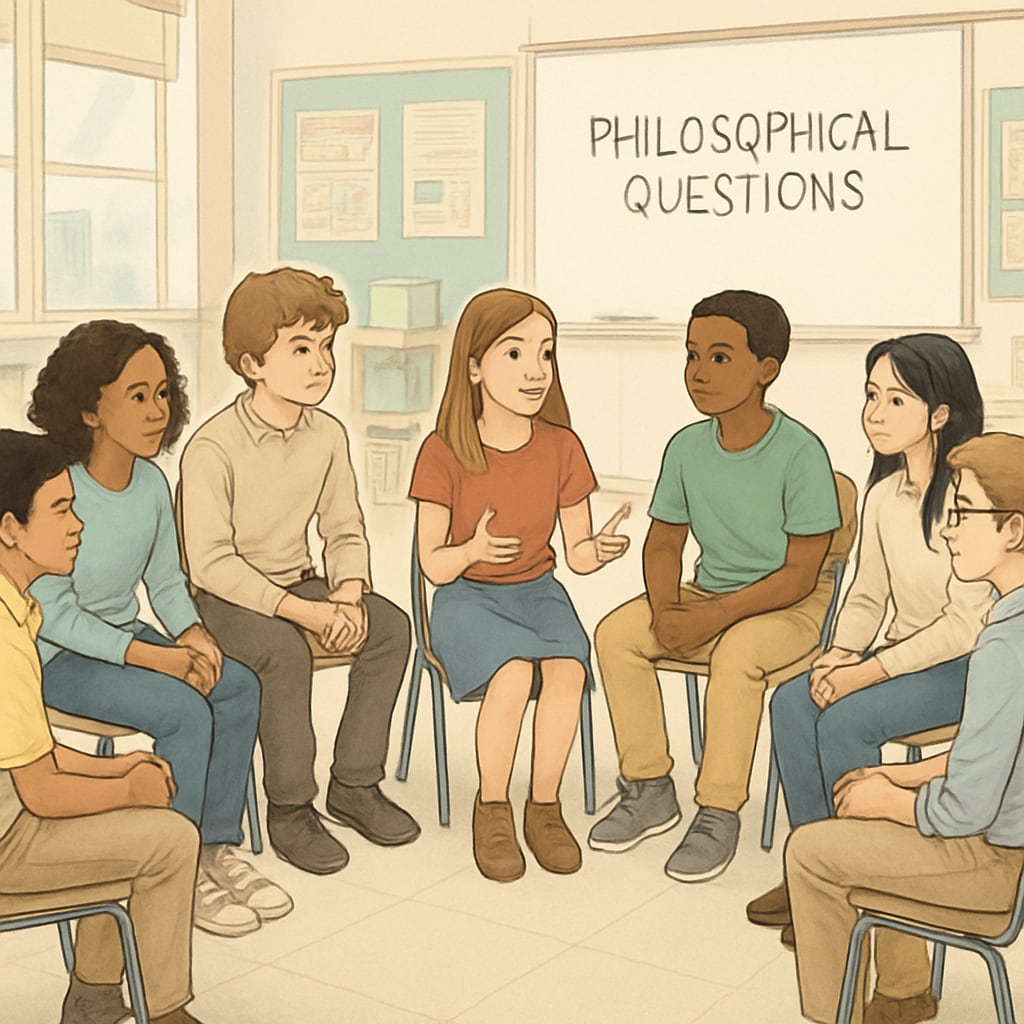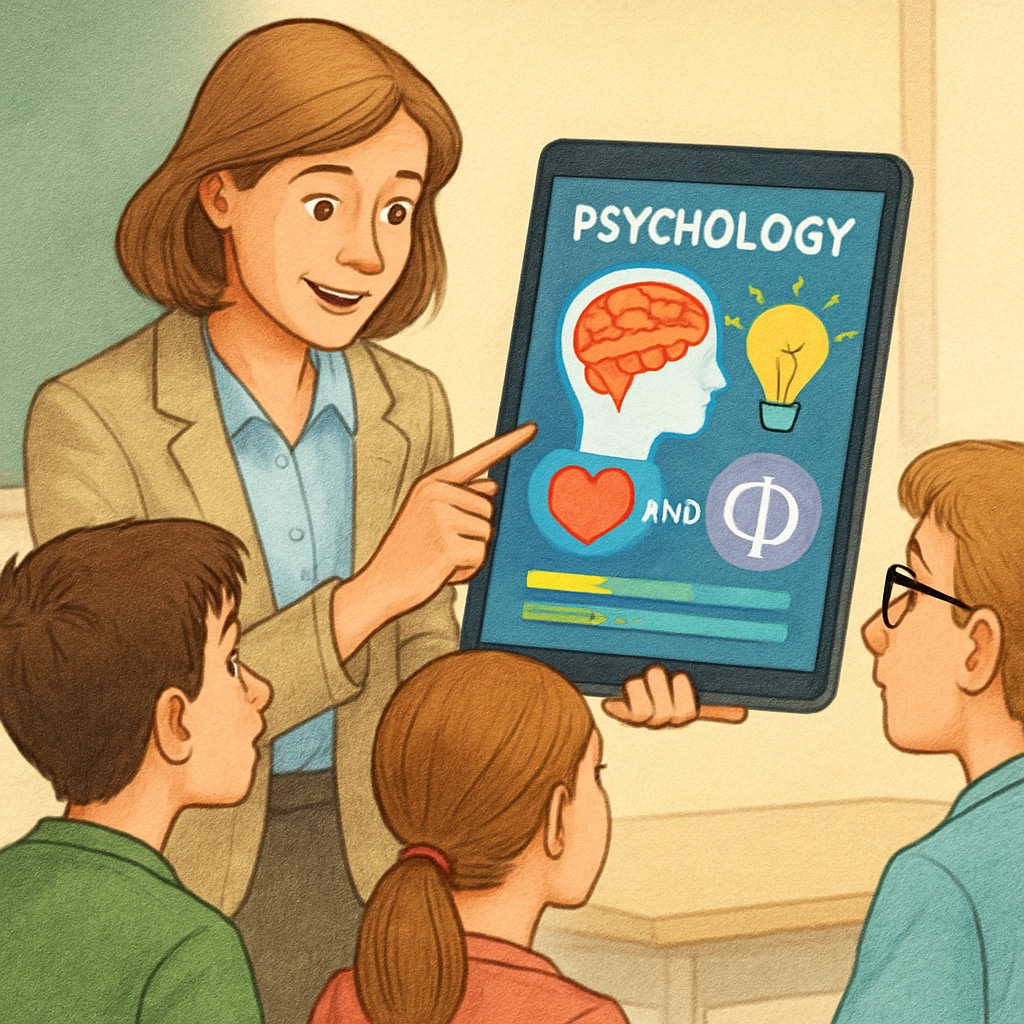Integrating psychology and philosophy as hobbies into the K12 education phase can provide students with tools to enhance critical thinking, self-awareness, and personal growth. While these subjects are often introduced in higher education, their foundational concepts can enrich a young student’s worldview when approached appropriately. This article outlines strategies, resources, and practical methods to make psychology and philosophy accessible and enjoyable for students as extracurricular interests.
Why Psychology and Philosophy Are Perfect Hobbies for K12 Students
Psychology, the study of human behavior and mental processes, and philosophy, the exploration of fundamental questions about existence and values, are powerful tools for developing young minds. These disciplines encourage students to think critically, question assumptions, and analyze their own thoughts and emotions. As a result, they gain skills that are not only academically beneficial but also deeply personal, helping them navigate challenges and relationships more effectively.
For example, introducing basic psychological concepts like emotional intelligence or cognitive biases can help students understand themselves and others better. Similarly, philosophical questions such as “What is happiness?” or “What is the meaning of justice?” can inspire deep conversations and encourage intellectual curiosity.

Practical Approaches to Introducing Psychology and Philosophy
To make these subjects engaging and age-appropriate, parents and educators can adopt several strategies:
- Start with Stories: Use age-appropriate books, movies, or anecdotes to introduce key psychological or philosophical ideas. For instance, stories like “Inside Out” (psychology) or “The Little Prince” (philosophy) can serve as great conversation starters.
- Encourage Open-Ended Questions: Create a safe space where students can explore big questions without fear of being “wrong.” For example, ask, “Why do we dream?” or “What makes a good friend?”
- Incorporate Games and Activities: Psychological experiments or logic puzzles can be adapted into fun, interactive activities. For instance, role-playing exercises can teach empathy, while moral dilemmas can spark debates.
- Use Technology: Leverage apps or platforms like TED-Ed, which feature short, engaging videos on philosophical and psychological topics.
Educators can also integrate these topics into existing subjects. For example, a literature class could explore the psychology of a character, while a history lesson might delve into the ethical philosophies of historical leaders.

Top Resources to Explore Psychology and Philosophy
To nurture these hobbies, selecting the right resources is essential. Below are some recommendations tailored to different age groups:
- Books: For younger students, books like “What Do You Do With an Idea?” by Kobi Yamada introduce philosophical thinking. Teenagers might enjoy “Man’s Search for Meaning” by Viktor Frankl or “The Happiness Hypothesis” by Jonathan Haidt.
- Podcasts: Shows like “Philosophy Bites” or “The Psychology Podcast” offer bite-sized insights into complex topics.
- Websites: Platforms like Khan Academy provide free courses on psychology, while Stanford Encyclopedia of Philosophy is an excellent resource for philosophical concepts.
- Documentaries: Films such as “The Social Dilemma” explore psychological themes, while “Examined Life” introduces philosophical concepts in an engaging way.
These resources can be supplemented with local opportunities such as philosophy clubs, psychology workshops, or even one-on-one mentoring with experts in the field.
The Long-Term Benefits of Exploring Psychology and Philosophy
Introducing psychology and philosophy as hobbies early on can have a lifelong impact. Students not only develop critical thinking and emotional intelligence but also cultivate a habit of self-reflection. This can lead to better decision-making, improved interpersonal relationships, and a greater sense of purpose.
Furthermore, these skills prepare students for a variety of future careers, including those in counseling, education, law, and even technology. More importantly, they foster a well-rounded individual who is capable of navigating the complexities of life with wisdom and empathy.
As parents and educators, the goal is not to turn students into professional psychologists or philosophers but to give them the tools to think deeply and live meaningfully. By making these subjects accessible and enjoyable, we can inspire the next generation to explore the depths of their minds and the world around them.
Readability guidance: Use clear, concise language and short paragraphs. Incorporate examples and stories to clarify abstract ideas. Include interactive elements like questions or activities to engage readers actively.


